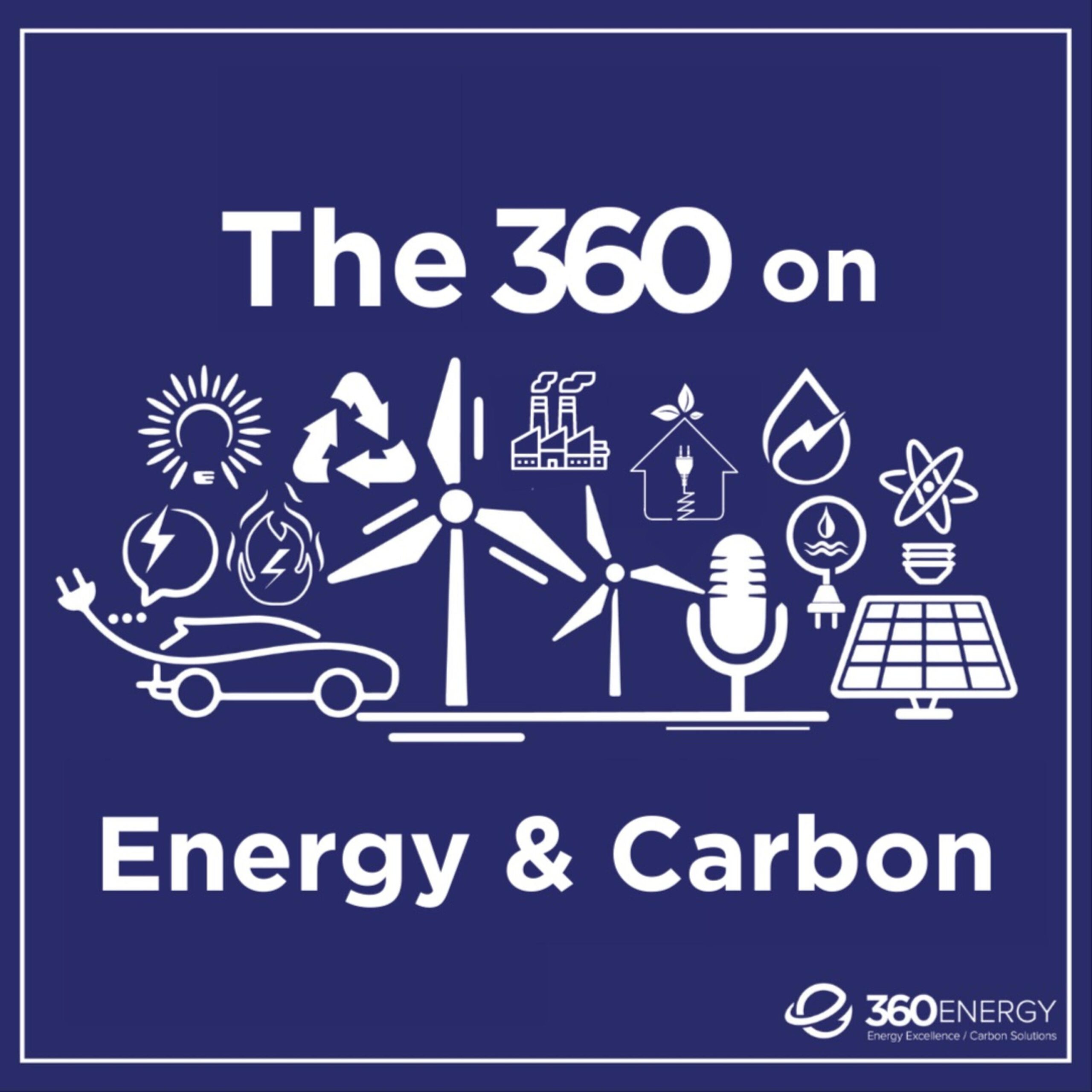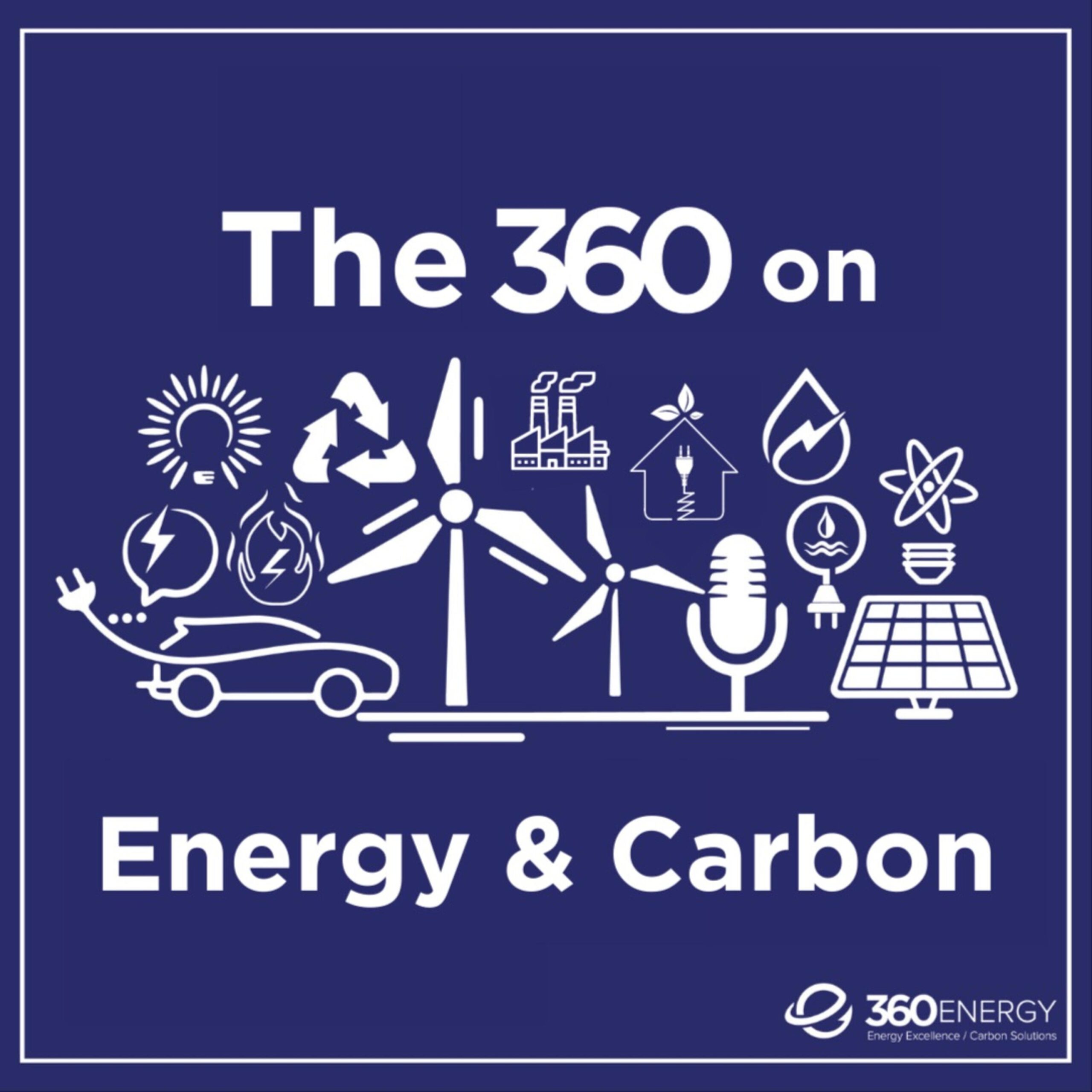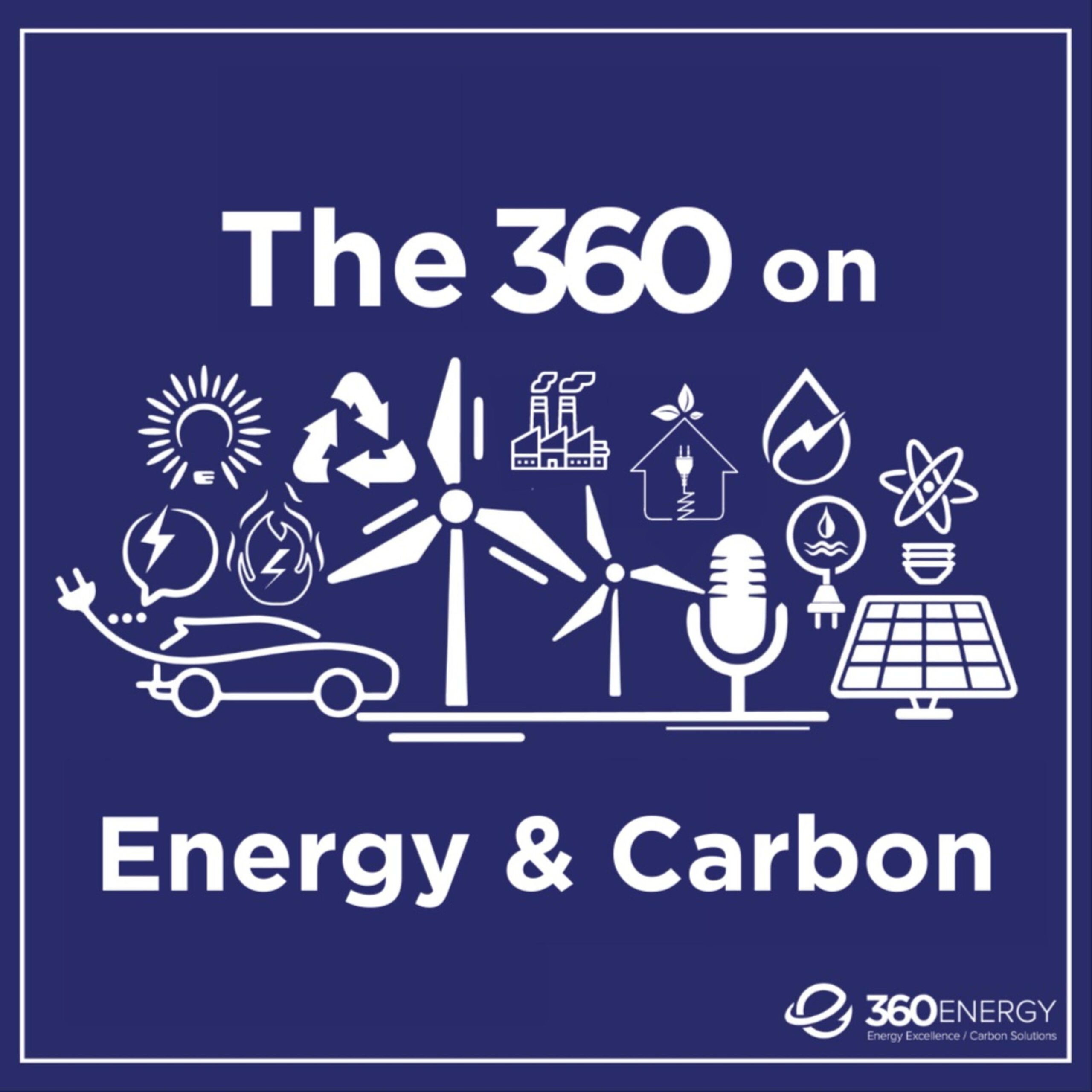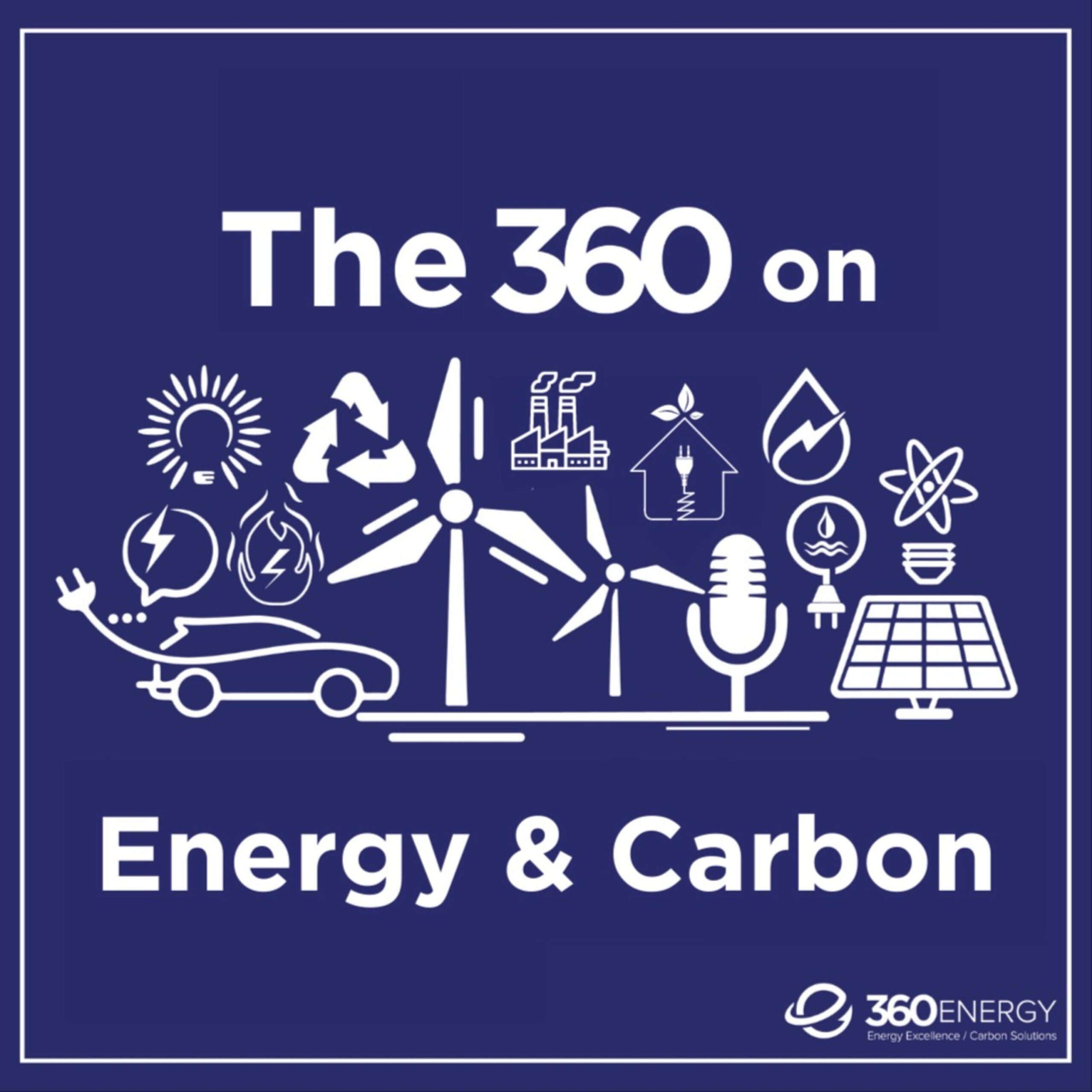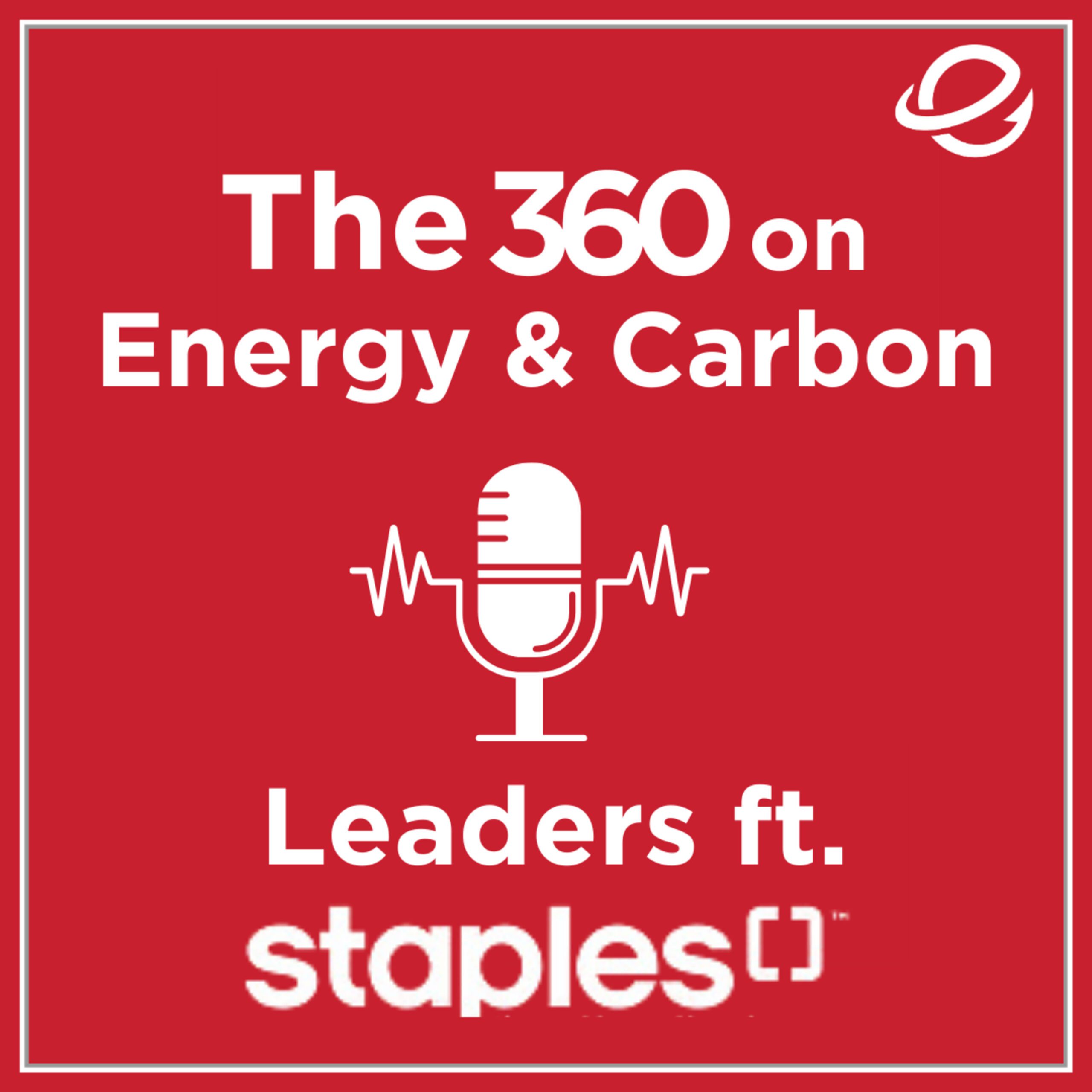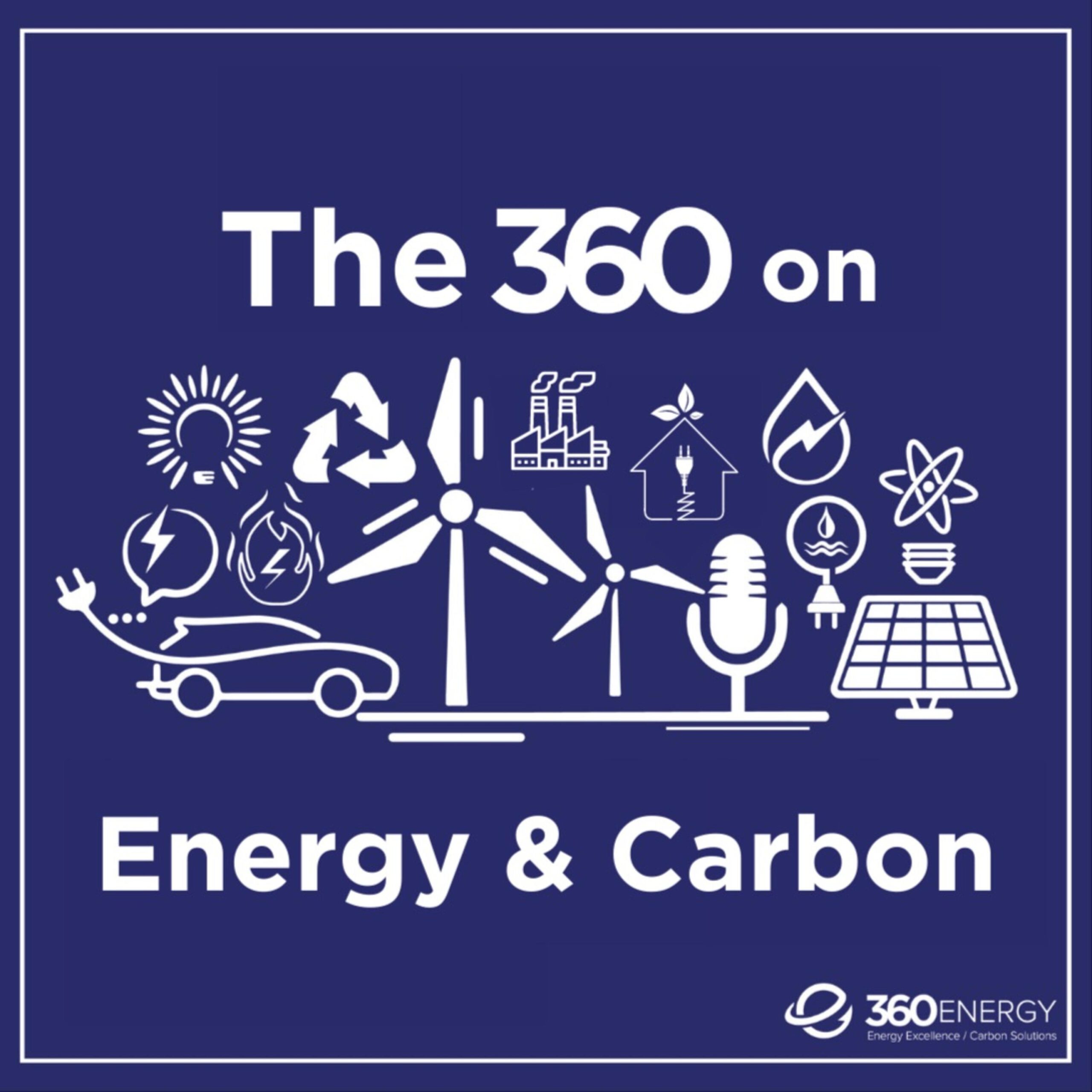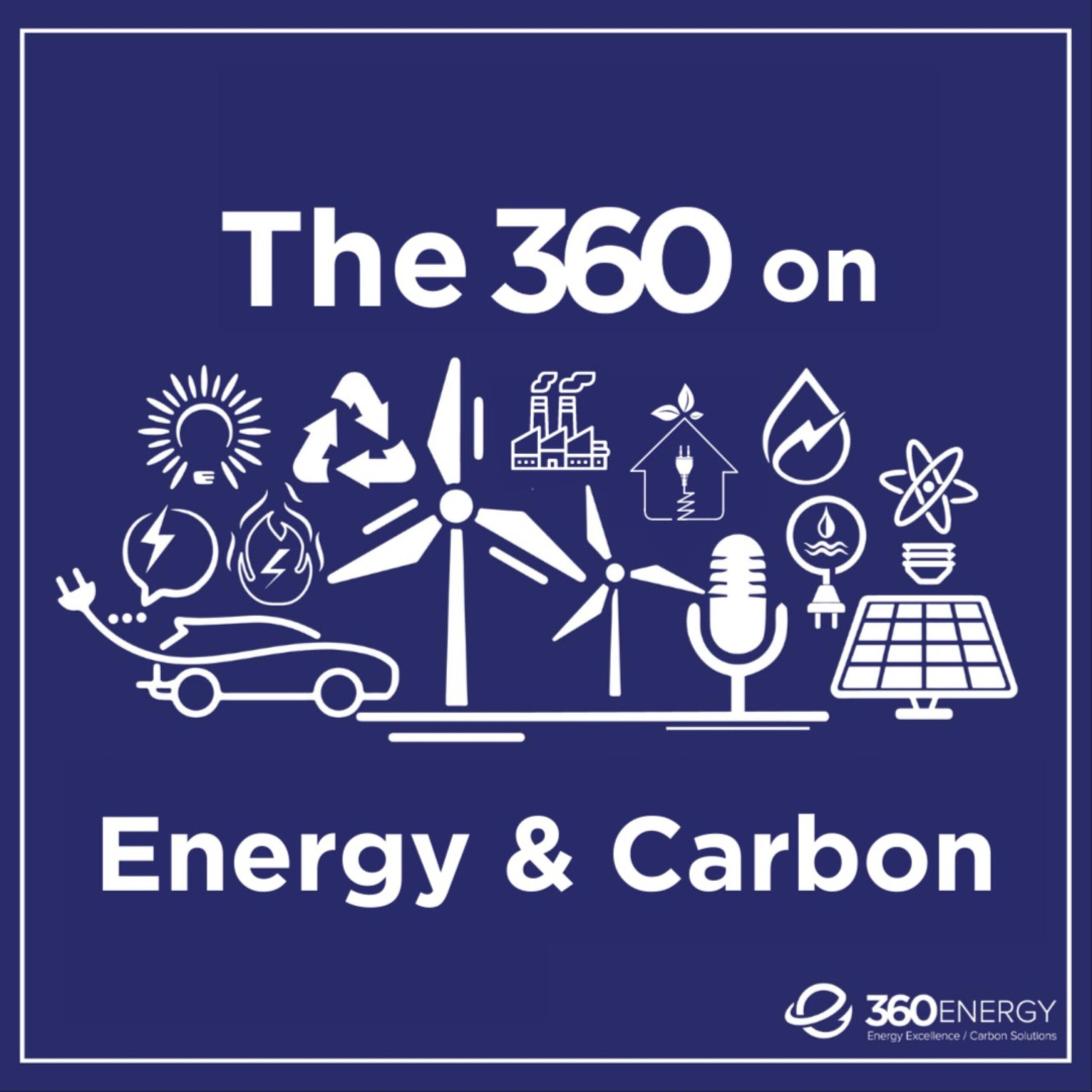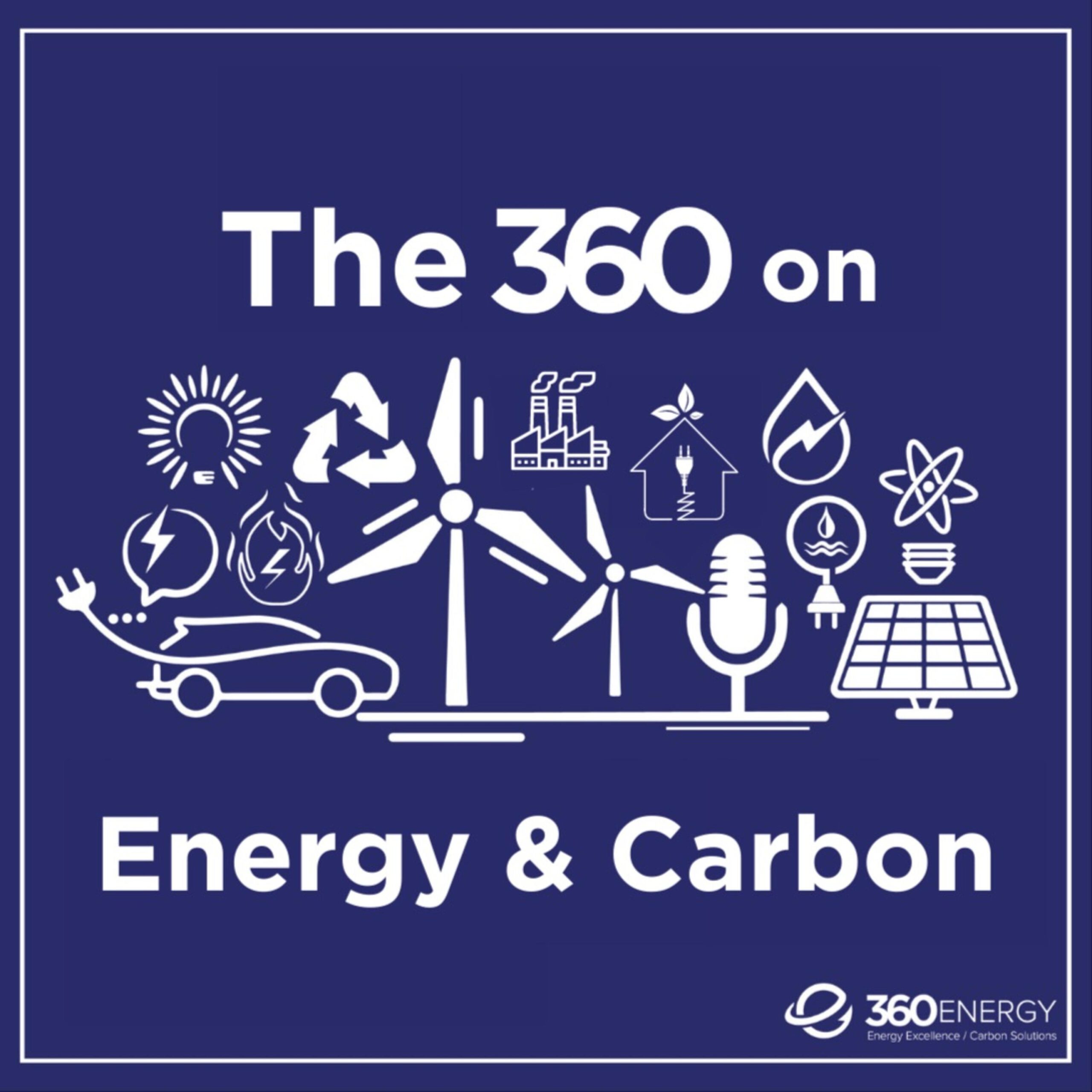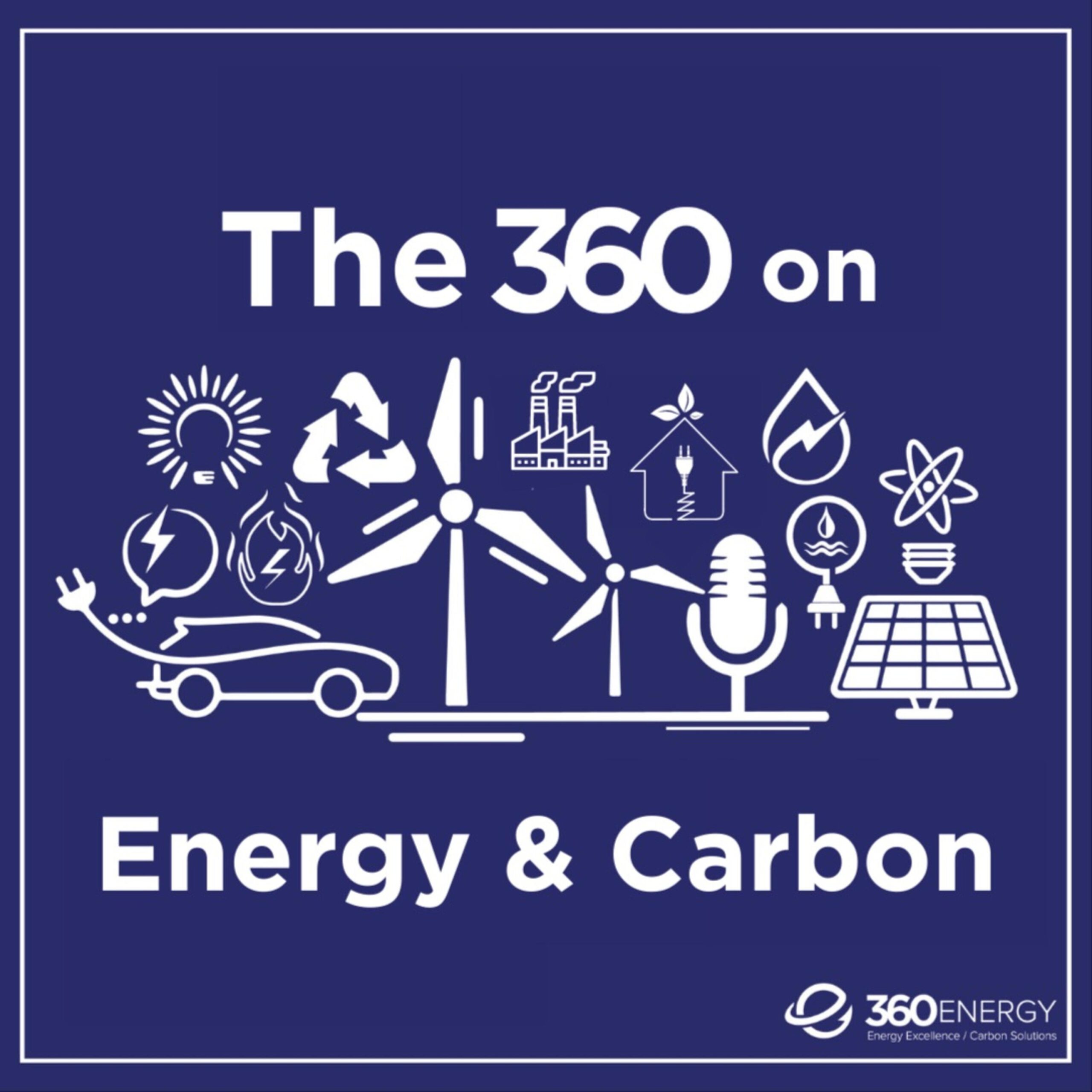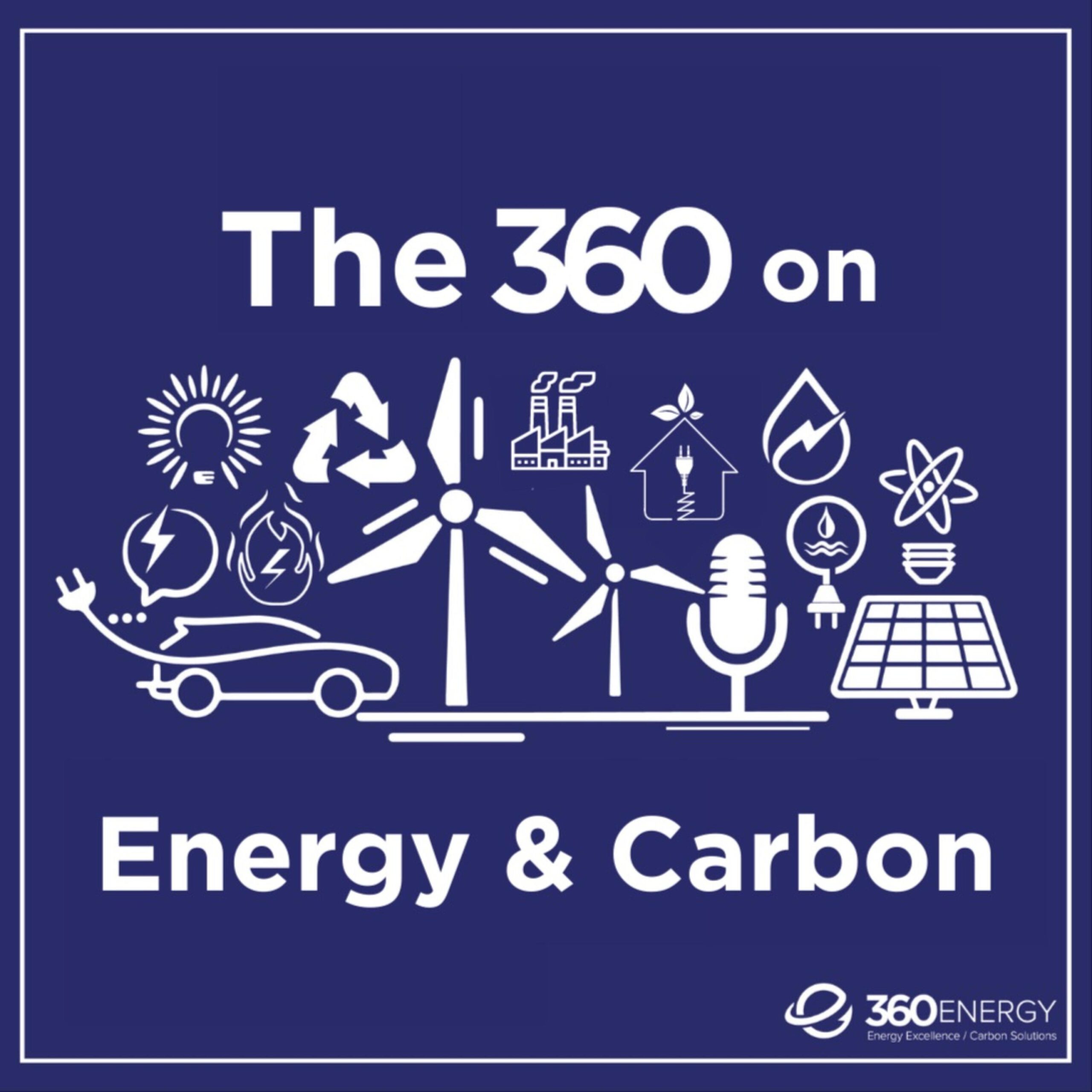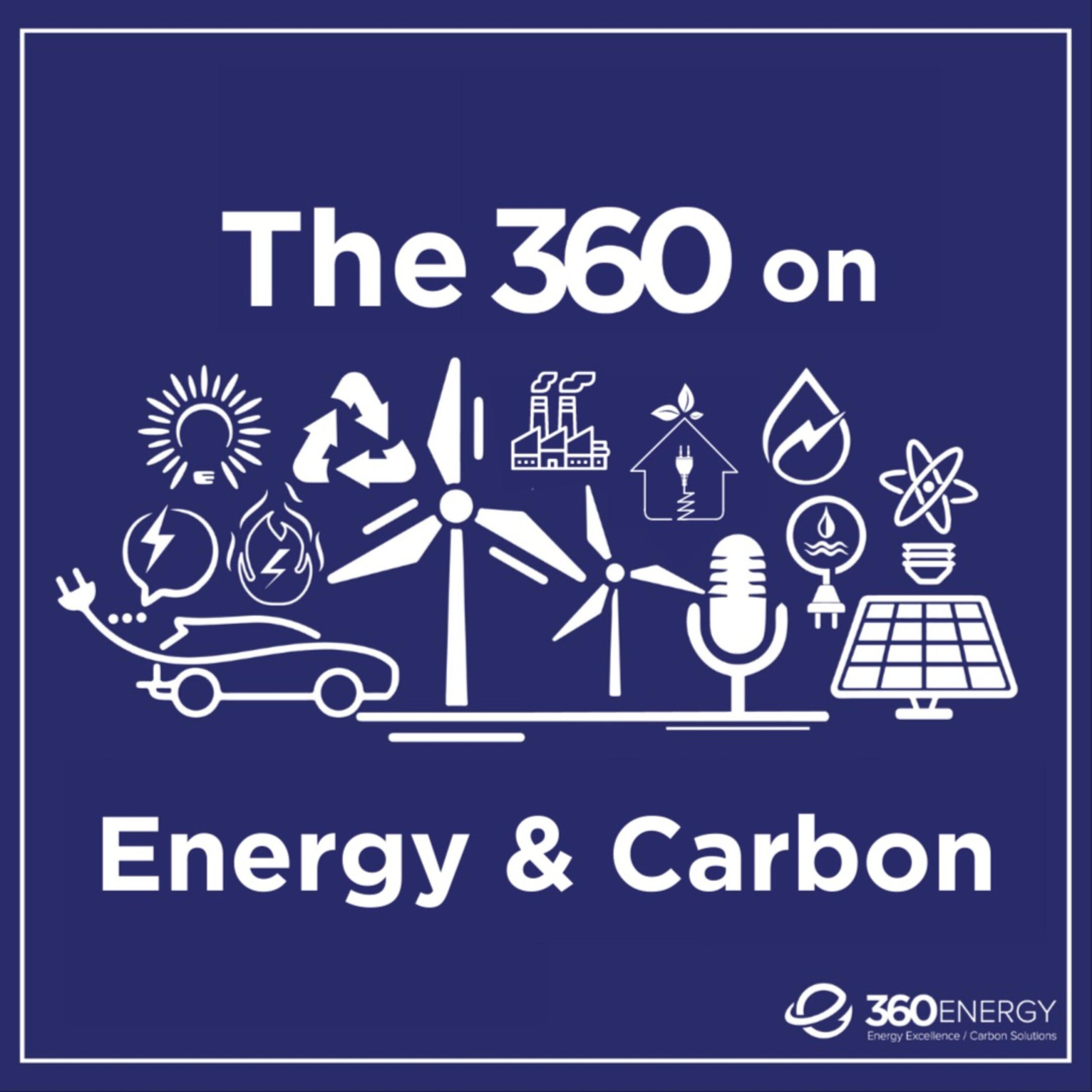
Canada’s House of Commons declared a climate emergency in 2019. How quickly can they address it?
Canada’s government set 2050 as the year Canada’s economy will achieve “net-zero” carbon pollution. Can they actually get carbon pollution to “zero” by 2050?
That’s a mighty tall order! There’s a lot of work required – immediately – to make it happen.

Last year, 360 Energy presented a proposal to Federal cabinet members. Our message? Canada urgently needs a national energy management literacy program.
We told government officials that organizations and businesses across the country have to master the fundamentals of managing energy. Canada needs this capability to reach its climate goals.
360 Energy recommended the Federal government provide:
- Incentives for organizations to enroll in an energy management program;
- Qualifying organizations will commit their corporate finance, procurement, engineering and operations to cross-manage energy as a controllable input;
- Qualifying organizations will track, verify and report energy and carbon emissions reductions;
- Multi-year funding tied to performance on meeting sector emission reduction targets;
- Bonus payments under the multi-year funding to companies that develop and implement a net-zero emissions plan for 2030 and meet accelerated targets;
- A robust national carbon market that would enable the creation of credible certifiable carbon credits and offset purchasing.
The 2021 Federal budget focused almost exclusively on innovation – promoting the deployment of technology. Relying on technology alone is a dead-end pathway. Canadian energy consumers must first establish a new relationship with energy. In essence, organizations of all sizes need to learn the fundamentals of managing energy to reduce waste and eliminate carbon emissions. Only then can technology innovation be effective.
Canada can only become a “net-zero nation” if it empowers its people to become “net-zero heroes”. It’s imperative Canadians be enabled to do their part.
